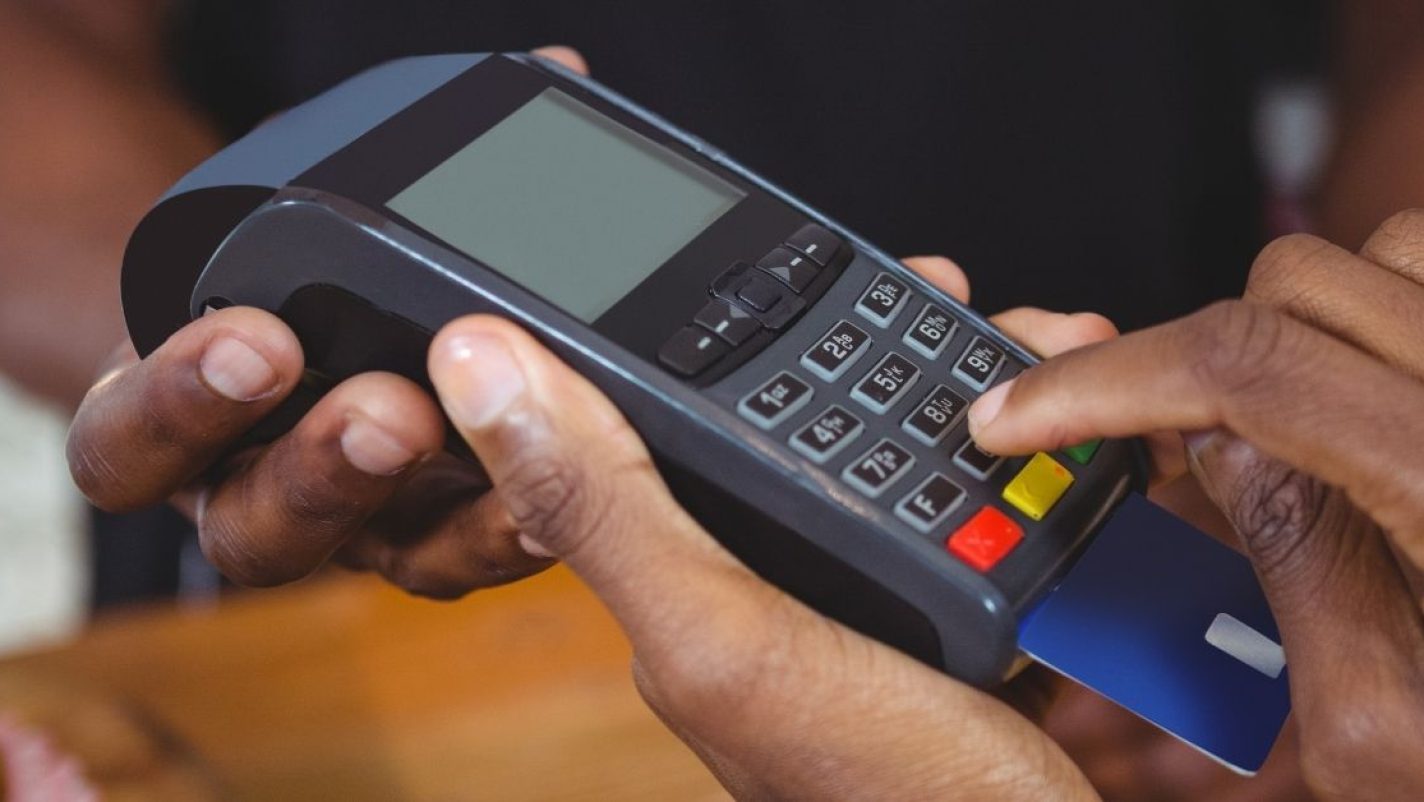On April 17, 2023, operatives of the Kwara State Police Command arrested a Point of Sale (POS) operator, Alfa Rafiu, for lavishing the sum of N280 million mistakenly sent into his account by a commercial bank. The money, it was gathered, was sent to him in tranches. Rafiu, who is a resident of the Abayawo area, Ilorin West Local Government Area (LGA) of the state, was arrested in the capital, Ilorin.
Sources said Rafiu, instead of doing the right thing, which is reporting the transactions and payments into his account to his bank, went on a spending spree, buying homes and cars, and sponsoring people to the lesser Hajj in Saudi Arabia.
“Rafiu bought houses and cars and sponsored people to lesser Hajj. Although he was generous to several people in the community, some residents were surprised about his sudden wealth as a POS operator,” one of the sources said.
He added that the bank through which the money was sent, later discovered the mistaken payments and reported to the police. Operatives were deployed to the resident of the suspect and he was later arrested.
Kwara State Police Public Relations Officer (PPRO), SP Ajayi Okasanmi said: “His arrest was carried out by the Force Criminal Investigation and Intelligence Department from Alagbon-Close, Ikoyi, Lagos, which makes it out of our jurisdiction.”
The POS operator’s lack of integrity and the ease with which his sudden wealth was celebrated without questions is part of how low we have descended as a people. The situation has so degenerated that we don’t frown at illegal or unknown sources of wealth, thereby promoting criminality and corruption.
It is frightening because the decay of national ethos and values is no longer just a leadership burden. Ordinary Nigerians are now complicit. It is frightening to know that the POS operator and the people who benefitted from the spending spree are average Nigerians, in fact, part of the poor masses.
It is a sad commentary on Nigeria’s value system and its collapse. Therefore, the people who benefited from this heist should be ashamed of themselves. They should be arrested and prosecuted for accessory to crime.
It has something to say about our society where a person suddenly walks up flaunting money whose source cannot easily be traced and it is accepted and celebrated as normal, which it isn’t.
Scammers, corrupt and people of easy means whose sources of wealth cannot be traced are unfortunately accepted in society and have become role models for many, especially the youths.
It is this permissiveness that has allowed Nigerians to get involved in what has been revealed as widening network of global cyber fraud in which the perpetrators use the illicit funds to establish legitimate businesses and even become respected philanthropists or politicians in senior leadership positions.
It is regrettable that this permissiveness seems to have triumphed over adherence to the old societal values of integrity and the quest for hard work and transparency. Today, it seems Nigerians condone and accept any money without caring for the source.
This should not be. Nigerians should stop patronising and celebrating people without interrogating the source of their money. Therefore, we need a comprehensive national reorientation of the citizens’ mindsets, beginning with individual homes, families and communities.
It is time to go back to the era when character was indeed everything, where morals were respected, and people don’t just arrive with money and be accepted without inquisitions from the source.
But the bank involved in the questionable transfer of a huge sum of N280 million into a private account without immediately realising the mistake shows the level of incompetence within the sector. The payment of such money ought to have been detected by an alert internal audit and reporting system.
More importantly, this incident shows a brazen display of inefficiency in the proper execution of the monitoring system by the anti-corruption agencies.
Despite the array of Anti-Money Laundering (AML) solutions being implemented by the Economic and Financial Crimes Commission (EFCC), and the Nigerian Financial Intelligence Unit (NFIU), such a transaction was not tracked. Banks and other financial institutions are required to forward all Suspicious Transactions Reports (STRs) and other related investigation reports to the EFCC and NFIU, in compliance with Section 6(1-3) of the Money Laundering Prohibition Act 2004.
The EFCC, NFIU and other agencies shouldn’t go to sleep in monitoring transactions in the banks as required by law.
The Central Bank of Nigeria (CBN) should implement its circular of April 11, 2005, BSD/08/2005, which states that failure to ensure strict compliance with the above will attract the penalties stipulated in Section 6(9) of the Money Laundering Act, 2004 and Section 44(2) (d) of BOFIA 1991 as amended.
Therefore, Daily Trust enjoins the CBN to enforce the penalties on the bank for non-reportage on time to the relevant agencies. This will put the banks and other financial institutions on alert to do their duties.
agencies involved in identifying suspicious activities and monitoring customer transactions, identifying patterns, and monitoring for red flags must get to work. The incident involving the POS operator is a national embarrassment and must not be allowed to repeat itself. It is time for all monitoring agencies and well-meaning Nigerians to come together and stop the further erosion of our national values.

 Join Daily Trust WhatsApp Community For Quick Access To News and Happenings Around You.
Join Daily Trust WhatsApp Community For Quick Access To News and Happenings Around You.


